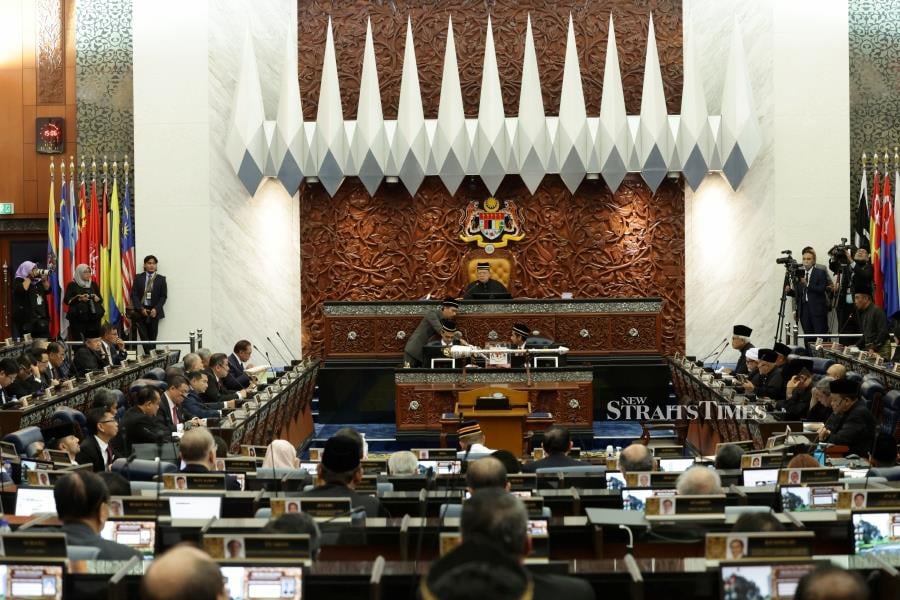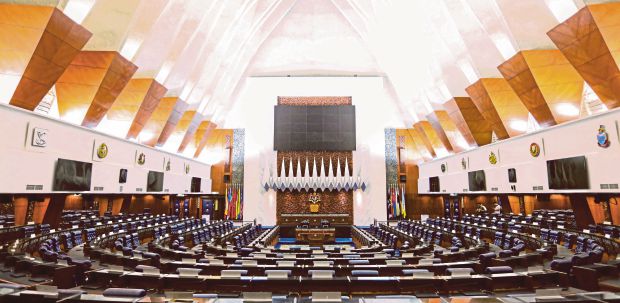KUALA LUMPUR: There are loopholes in the anti-party hopping law which needed to be addressed so that the political scenario in Sabah, where four of its members of parliament (MP) managed to keep their seats after leaving their party, will not recur.
Nusantara Academy for Strategic Research senior fellow Dr Azmi Hassan said the law, which came into force following amendments to the Federal Constitution, needed to be more specific.
"With what happened in Sabah, one thing for sure, a big loophole is that MPs can keep their seat (even) if they are sacked from their party.
"This is in contrary to the Singapore anti-party hopping law. Over there, if a MP is sacked from a party, for whatever reason, even when the reason is that the party president did not like that particular member, automatically that person loses the seat.
"Some people already raised this before it was implemented, but the body in charge of the act didn't bother enough to look into the loopholes and right now we are facing the impact of the loophole," he told the New Straits Times when contacted today.
Azmi said the loophole was also the main reason Umno had only taken disciplinary action on its six members, along with four leaders from Barisan Nasional (BN) components, that signed the statutory declarations supporting Perikatan Nasional chairman Tan Sri Muhyiddin Yassin as their prime ministerial candidate.
Yesterday, the four Sabah Gabungan Rakyat Sabah (GRS) MPs who quit Parti Pribumi Bersatu Malaysia (Bersatu) were told by the Dewan Rakyat Speaker Datuk Johari Abdul that they were able to keep the seats they won in the 15th general election.
Azmi said it was up to the discretion of the speaker to decide whether MPs could keep or lose their seats under the anti-party hopping law.
"In this case, speaker made the decision that they could keep the seats because the law doesn't specifically address on what transpired in Sabah."
However, he believed that it would not be the end of the fiasco, adding that Bersatu might challenge the Dewan Speaker's decision in court.
"Bersatu will file a court application, I guess, to determine whether the speaker's decision is valid or not or whether it is correct or wrong.
"I am sure the loopholes can be closed if it is challenged in court as the court's decision will be the final decision. In my mind I would say the speaker's decision is not the final decision," he said, adding that the decision could become a double-edged sword.
"If there is a Barisan Nasional MP who wants to quit their party, for example a Umno MP, based on the precedent, if he quits Umno, he will not lose his status as MP because they won under the BN coalition banner.
"Yes, Sabah stabilised after what happened, but for the 10 BN MPs, we never know what's going to happen," he said.






